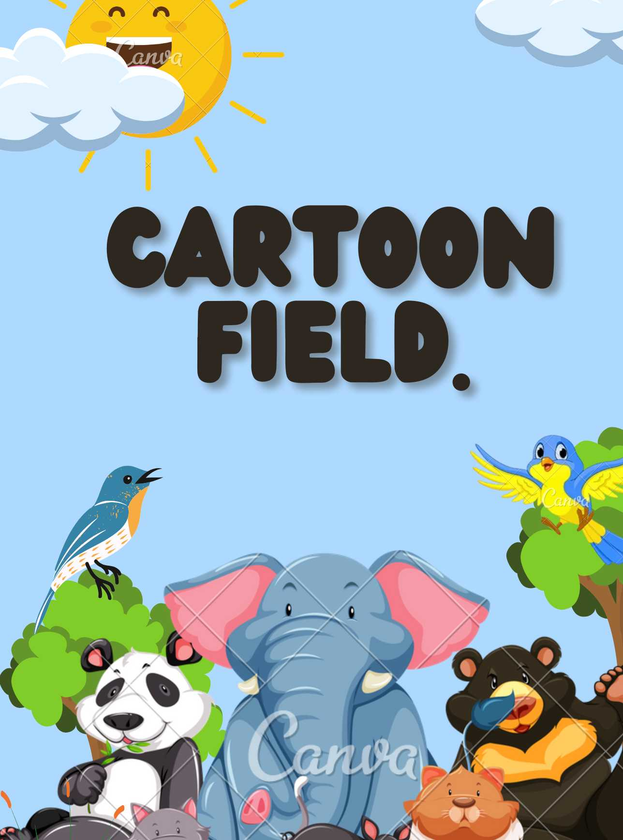Title: The Iran-Iraq War: A Decade of Conflict, Consequences, and Complexities
Introduction
The Iran-Iraq War, spanning from 1980 to 1988, stands as one of the longest and deadliest conflicts of the 20th century, with profound implications for the Middle East and global geopolitics. This eight-year-long struggle between two regional powers, Iran and Iraq, resulted in immense human suffering, political realignments, and lasting changes in the region's dynamics. Examining the causes, progression, and aftermath of the war provides valuable insights into the complexities of international relations and the enduring impact of regional conflicts.
Causes and Triggers:
The Iran-Iraq War had multifaceted roots, intertwining historical, territorial, ideological, and political factors. One of the primary catalysts was the longstanding border dispute over the Shatt al-Arab waterway, which both countries claimed as their own. Saddam Hussein's Iraq, under the pretext of resolving this territorial disagreement, launched a full-scale invasion of Iran in September 1980. Additionally, underlying religious and ideological differences, with Iraq's Sunni-led government contrasting Iran's Shia theocracy, added fuel to the fire.
International Involvement and Escalation
The war quickly escalated into a brutal conflict with both sides using conventional warfare tactics, including chemical weapons, and seeking international support. While Iraq initially enjoyed backing from Western and Arab states fearful of Iran's revolutionary fervor, Iran found limited support due to its revolutionary stance and the hostage crisis at the U.S. embassy. The international community's divided response prolonged the war and deepened its impact.
The "War of the Cities" and Stalemate
As the war progressed, both Iran and Iraq faced significant challenges, including dwindling resources and international isolation. The infamous "War of the Cities" saw both sides targeting urban centers, causing immense civilian casualties and widespread destruction. Despite initial territorial gains by Iraq, Iran's resilience and ability to mobilize troops allowed it to regain lost ground, leading to a prolonged and costly stalemate along the borders.
Human Toll and Legacy
The human toll of the Iran-Iraq War was staggering, with estimates of casualties ranging from hundreds of thousands to over a million. The extensive use of chemical weapons by both sides further exacerbated the suffering, leaving a lasting impact on survivors and the environment. The war's legacy continues to shape regional dynamics, influencing the policies of Iran and Iraq, as well as the broader Middle East.
Shifts in Regional Power Dynamics
The war's conclusion in 1988 left both countries exhausted and economically crippled. The conflict had led to an erosion of Iraq's power and an increased sense of resilience in Iran. The dynamics between Arab states and Iran shifted as well, with Iran emerging as a potential regional powerhouse, albeit isolated due to its revolutionary ideals.
Lessons and Global Implications
The Iran-Iraq War serves as a stark reminder of the complexity and unpredictability of conflicts in the international arena. The international community's varied responses and the enduring consequences of the war highlight the importance of diplomacy, conflict resolution, and understanding the regional dynamics at play. Additionally, the widespread use of chemical weapons during the conflict prompted international efforts to curb their use, culminating in the Chemical Weapons Convention.
Conclusion
The Iran-Iraq War remains a crucial chapter in Middle Eastern history, shaping the modern geopolitical landscape and influencing the region's dynamics to this day. The war's roots in historical grievances, ideological differences, and power struggles between Iran and Iraq underline the intricate interplay of factors in shaping conflicts. Remembering the lessons from this devastating war is crucial as we navigate the complexities of international relations and work towards peaceful resolutions in today's global landscape.















